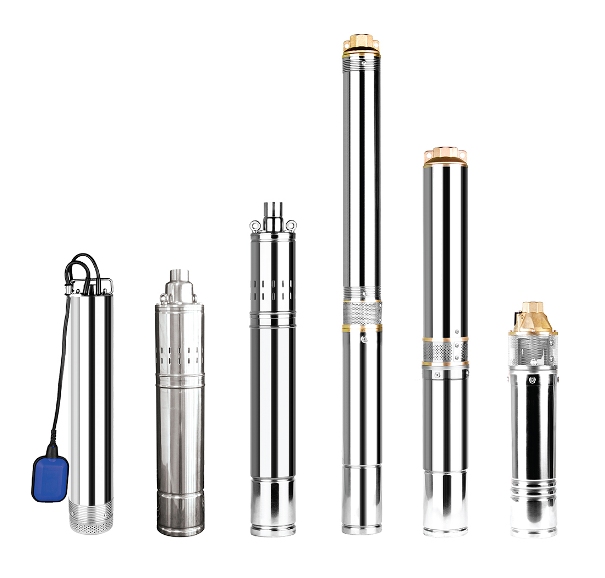Well, pumps are usually installed by digging a hole near the source of the water supply, then burying it underground. This is where it gets its name, well. Well, pumps come in two different types: submersible and jet pumps. Each type has its own set of pros and cons, which make them better or worse for certain circumstances, depending on the situation and the homeowner’s budget and needs. Here are the main differences between submersible well pumps and jet pumps to help you choose which one will work best in your home.
Submersible pumps
A submersible pump is a type of Well pump designed to be installed inside your water well casing. It generally moves water from your underground water source through a flexible pipe and out to where you need it. Submersible pumps can be used in fresh or saltwater environments and in residential, commercial, or industrial applications. They tend to be low-maintenance machines with an average lifespan of about 15 years but could last for more than 20 years with proper care. These pumps work best when matched to their specific environment; there are several different types of submersible well pumps available on today’s market, including centrifugal and turbine models. For example, centrifugal pumps move water by spinning it away from its center toward its outer edges.
On the other hand, Turbine pumps use paddles to push water outward. Some submersible well pumps also include a battery backup system to keep working during power outages. Centrifugal and turbine models require some maintenance and regular cleaning if they’re going to continue operating at peak performance levels over time.
Self-priming pumps
These pumps do not need to be primed before they start running, as they have a built-in water source that is used to create enough pressure for them to kick into action. The main disadvantage of these models is that they take longer to prime than other types and in some cases, may never fully prime on their own. If you’re installing a self-priming pump at your home, you will need an above-ground piping system. Because there is no need for a deep well, it makes installation easy. Because there is no need for a deep well, it makes installation easy. However, if you live in areas where freezing temperatures are common, you should use anti-freeze solutions when using self-priming pumps. Self-priming pumps can also be very loud during operation. The most common type of self-priming pump is a submersible model, which sits below ground level. Submersible models can handle higher flow rates than surface-mounted units and tend to last longer because they don’t experience external elements such as wind or rain.
Whole House Pumps
Whole-house pumps provide water to all areas of a home at once. This saves labor and simplifies installation, but they’re more expensive than point-of-use systems and can only be used in single-family homes. For these reasons, most homeowners opt for point-of-use systems instead. These models replace individual fixtures with a series of pipes that carry water directly to faucets and appliances through dedicated lines rather than home water mains. They cost less than whole-house pumps and are easier to install because they don’t require any significant changes to existing plumbing. However, because point-of-use systems rely on gravity alone to move water from one fixture or appliance, you may experience reduced pressure when multiple institutions need to run simultaneously. If you have issues with low pressure or would like your system capable of supplying running water throughout your entire house, you should consider installing a whole-house pump instead.

